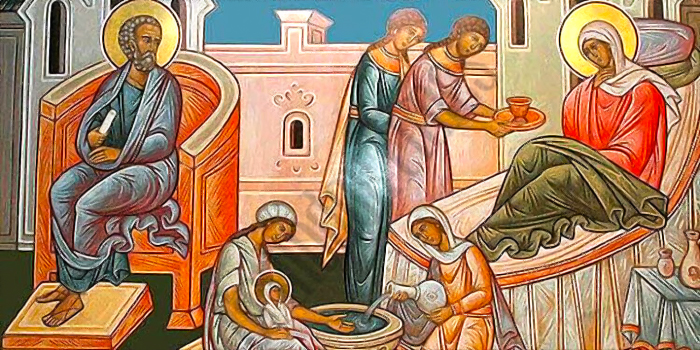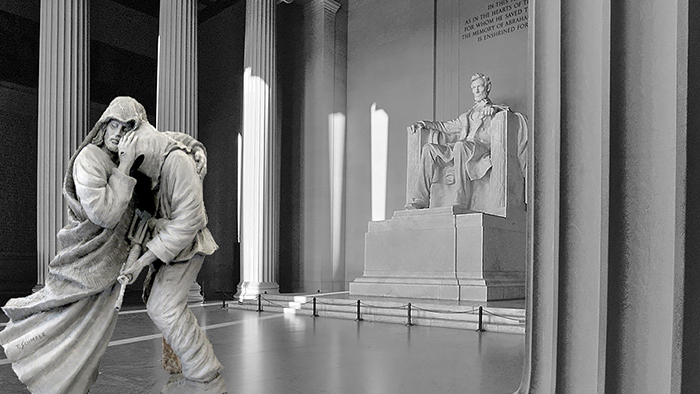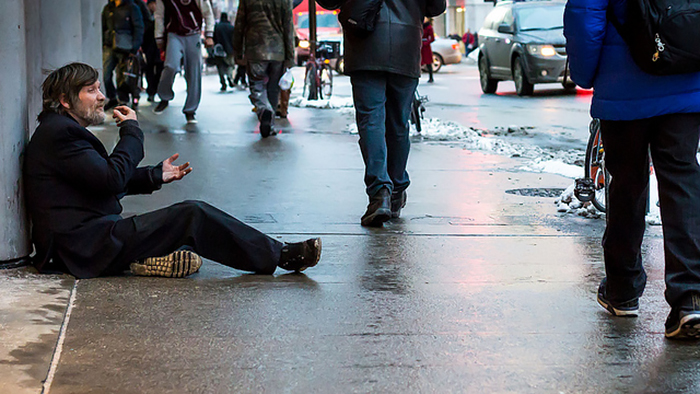
Today’s Gospel verse brings the birth of John the Baptist into focus. Bishop Robert Barron writes that it’s fair to say that you cannot really understand Jesus without understanding John, which is precisely why all four evangelists tell the story of the Baptist as a kind of overture to the story of Jesus. “What, then, will this child be?” Every parent has probably repeated this verse at some point in the life of their child. Our hopes and aspirations come to the forefront of our minds as we wonder what might become of a son or daughter who is coming into this world. We might hope that our child will feel deeply loved, will have the opportunity to fulfill their dreams, or that they will walk in the way of faith. I know these are things that we hoped for our children. But what were the hopes of Zechariah and Elizabeth? Today we read that Elizabeth, the wife of Zechariah, is about to give birth to a son. But they had been blessed to know that they would have a son, what his name would be, and what his life would be dedicated to. Of course, when Zechariah heard this from the angel Gabriel he was in disbelief. Wouldn’t you be just as doubtful? I mean, my wife and I were just happy that our children came out healthy with ten fingers and ten toes. But our lesson today is, like Zechariah, who was in disbelief of what Gabriel was telling him, we can also be confronted with teachings we do not like, or have our hearts tugged by the spirit to step out in faith, or for deeper conversion on something God wants us to do. We need to remember this lesson from Zechariah’s encounter and know that God accomplishes His will in any way he chooses. As his children, ours is to be obedient to his call, to quiet our hearts, and then to ask him to help us understand more fully the reality he wants us to enter into. Like Zechariah, we have been promised that when we step out in faith, the Lord will bless our trust and obedience.









